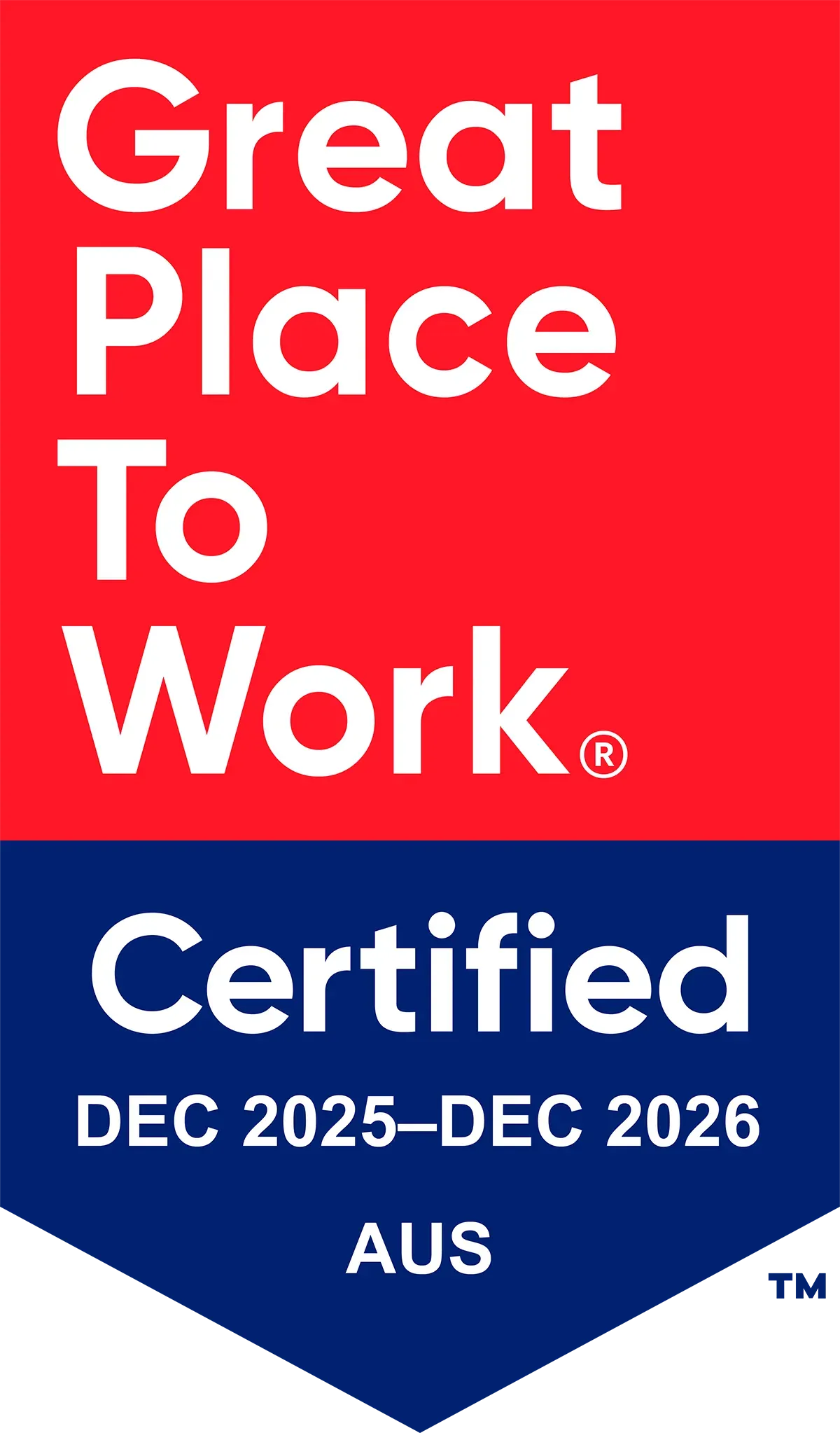Super Contributions before end of financial year
13 May 2020
Have you considered options to top up your super fund prior to 30 June?
Superannuation does impose restrictions on access to your money as it is intended to provide for your retirement. So why would you lock up more of your money?
Because superannuation remains one of the most tax-favoured environments to build wealth with a maximum tax rate of 15%.
Not only will contributing to super help to boost your retirement savings, you could also be reducing tax payable on your income, helping to cover some of your insurance premium costs and getting a bonus top-up payment from the government.
Concessional contributions
- You no longer need to be self-employed to claim your contributions as a tax deduction (up to certain limits)
- Making a spouse contribution may entitle you to a tax offset up to $540 (depending on your spouse’s income and age)
- Setting up a salary sacrifice arrangement through your employer can help to boost your retirement savings throughout the year at the same time as reducing tax payable on your income
Personal contributions
- Making a personal contribution not only boosts your tax-free savings for retirement, you may be eligible for the government co-contribution up to $500 (depending on your income)
- If you are nearing retirement, there may be advantages in boosting your super to create a tax-free income stream. You may be eligible to bring-forward 3 years of contributions.
Considering the immediate tax incentives of contributing to super and the ability to access the funds tax-free after age 60 and long term investment rates of return typically being higher than mortgage rates it’s a good idea to consider contributing more to super.
Call us on 1300 204 781
today to see if the above options will work for you.
Latest News

Recovery support for people and communities affected by the Victorian fires that started on 7 January 2026. Victoria is facing severe bushfires throughout most of the state. A State of Disaster has been declared. Communities, farmers and businesses are facing heavy losses. The Victorian and Australian Governments are providing essential support to communities hit by the January bushfires. This aid will help with both immediate and long-term recovery needs. A summary of what if on offer is below: Financial Help for families Emergency Accommodation Long Term Recovery Help Clean-Up Help Help for Primary Producers and Farmers Counselling and Social Recovery Roads and community asset support Insurance Advice General Support Further information is available here: https://www.vic.gov.au/january-2026-victorian-bushfires

M Group Lending make Top 100 Broking Businesses list - nationwide. Our Lending team have been recognised in the Top 100 Mortgage Broking businesses through our aggregator LMG. This is an outstanding achievement as the list takes into account all mortgage broking businesses Australia wide. Well done to all our home loan brokers and their support team for their hard work and ultimate dedication to their clients! To chat to our team about your home loan, commercial loan or business loan needs - go to: www.mgroup.partners/lending-team




